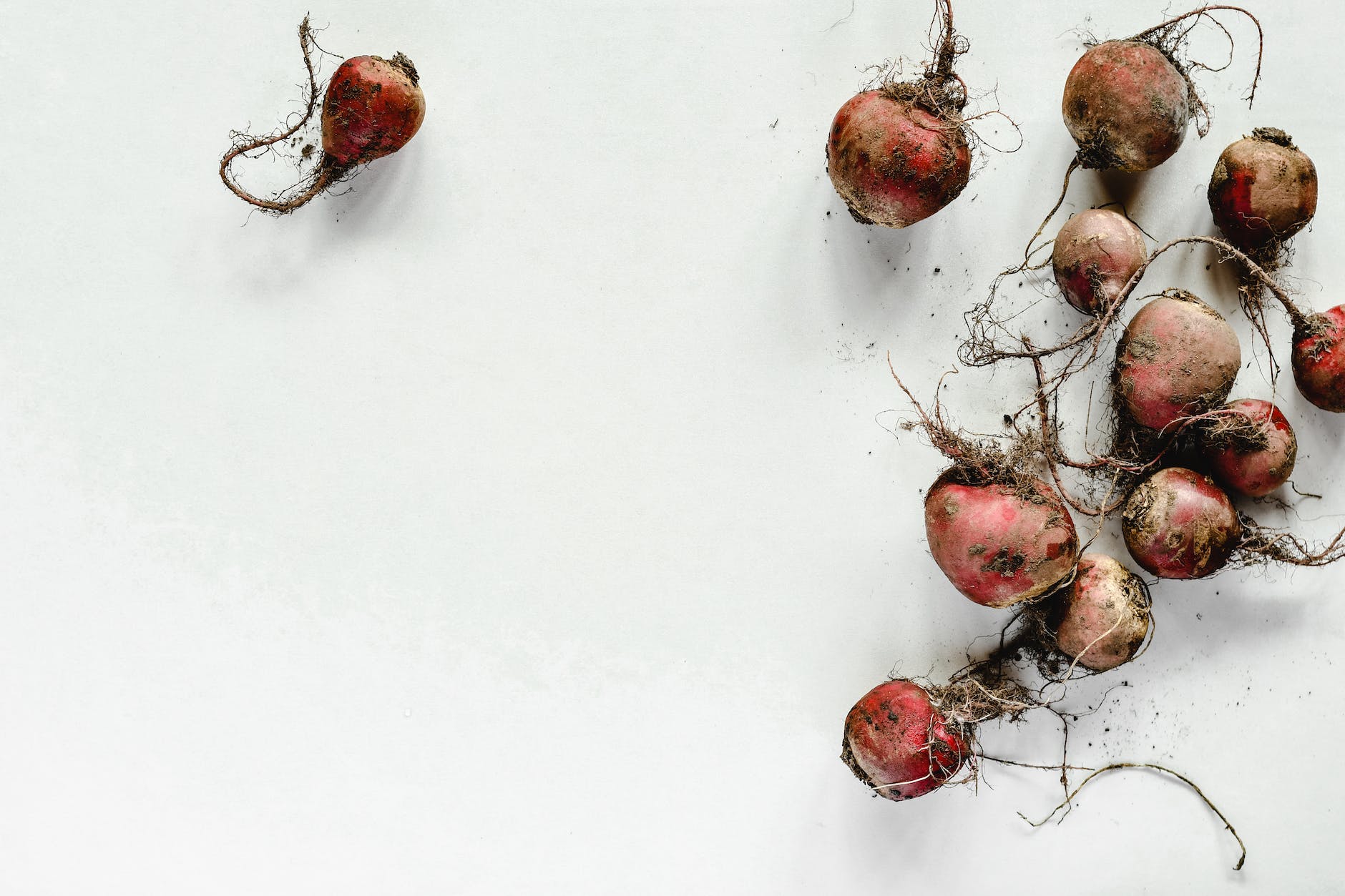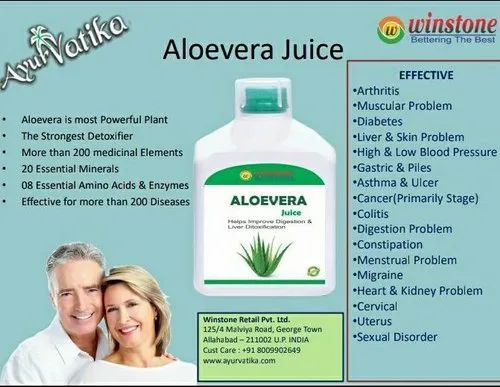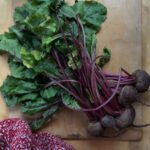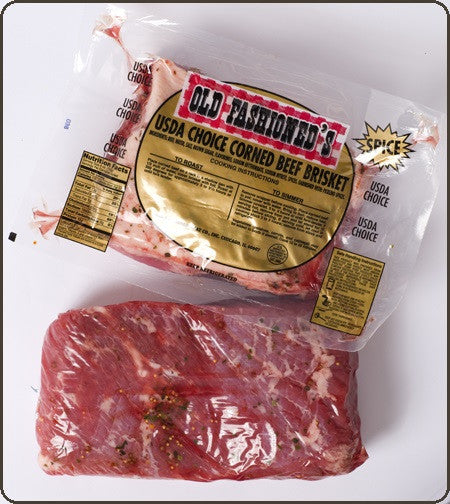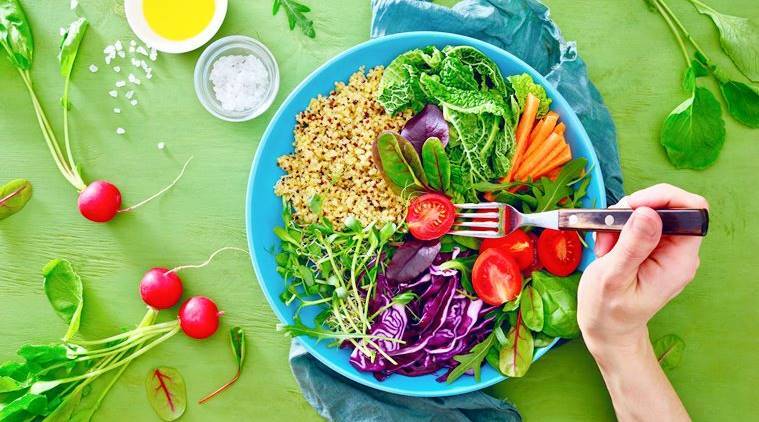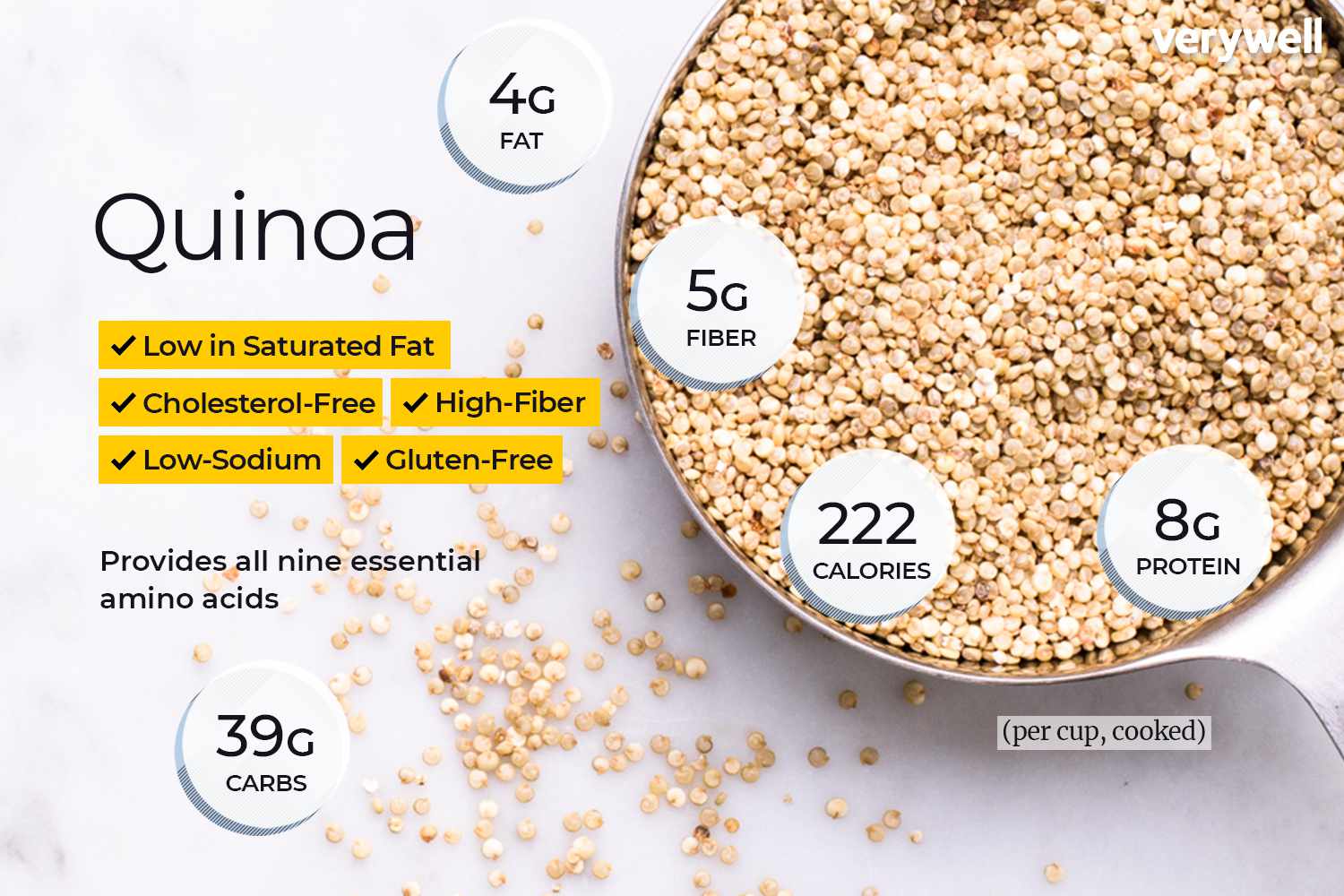Eating raw beets has many benefits, but it can also cause throat irritation. This irritation is often due to the oxalic acids found in beets. In addition, raw beets may cause stomach upset, respiratory problems, and feelings of nausea. Fortunately, cooking beets can help reduce their oxalic acid levels, making them easier on the stomach.
There are a few possible reasons why raw beets may be causing throat irritation for you:
- Allergic reaction: It is possible that you may have an allergy to raw beets, which can cause symptoms such as itching, swelling, and irritation in the mouth and throat.
- Oxalates: Raw beets are high in oxalates, which are natural compounds found in many foods. In some people, consuming foods high in oxalates can cause irritation in the throat and mouth.
- Nitrate content: Raw beets are also high in nitrates, which can be converted to nitrites in the body. Nitrites can cause blood vessels to dilate and may lead to irritation in the throat.
- Texture: The texture of raw beets can also cause irritation in the throat. Raw beets are firm and crunchy, and their rough texture may scratch the throat and cause discomfort.
If you are experiencing throat irritation after consuming raw beets, you may want to try cooking or roasting them instead. Cooking beets can help reduce their oxalate and nitrate content, as well as soften their texture, which may be easier on your throat. If your symptoms persist or worsen, it is always a good idea to consult with a healthcare provider.
Symptoms
Beetroot is high in oxalic acid. This acid causes burning in the throat and can cause difficulty breathing. It can also cause an upset stomach. Beet allergy sufferers may experience more severe symptoms such as vomiting and diarrhea. Beet consumption can also pose risks, including kidney stones, calcium depletion, and skin rashes.
Beets are high in antioxidants. Their juice and extracts can lower blood pressure. They can also improve digestion, which helps prevent illness and improves mood. Beets aren’t a common food allergen, but they can cause some problems.
Before you eat beets, make sure you consult your doctor. High levels of oxalate in the food can lead to kidney stones in some individuals. If you are on a low-oxalate diet, restrict your intake of beets, beet juice, and other beet products.
A diet rich in beetroot juice contains almost half of the daily requirement of folic acid, which is essential for proper blood formation. Women who are pregnant or planning to become pregnant should take this nutrient. However, if your symptoms last for more than a few days, you should seek medical attention.
People who have severe beet allergies should avoid beetroot juice and beetroot. Beet allergy can cause skin rashes, hives, difficulty breathing, and a fever. Beeturia can be a severe allergic reaction that can lead to anaphylaxis. Beet allergy sufferers need to consult a doctor immediately and avoid beetroot.

Nutritional Value
You can get good amounts of copper, manganese, and fiber from raw beets. Copper helps your body build red blood cells and regulates blood sugar levels, while manganese improves bone and connective tissue formation. They are also a good source for vitamin A and C.
| Nutrient | Amount per 100 grams |
|---|---|
| Calories | 44 |
| Protein | 1.6 grams |
| Fat | 0.2 grams |
| Carbohydrates | 10 grams |
| Fiber | 3 grams |
| Sugar | 7 grams |
| Vitamin C | 6% of the DV |
| Folate | 20% of the DV |
| Vitamin B6 | 3% of the DV |
| Magnesium | 6% of the DV |
| Potassium | 9% of the DV |
| Manganese | 16% of the DV |
Beets are also a good source of folate, a vitamin important to fetal development. It also supports red blood cell production; many people don’t consume enough of it. Folic acid is often added to processed foods. However, it is essential to have adequate folate intake to avoid deficiency. Folate deficiency is more common in pregnant women and women of reproductive age. Folate intake should be increased for those with depression and malabsorptive disorders.
Raw beets contain a high level of nitrates, which can cause severe throat pain. Some people have difficulty speaking after eating raw beets. This can be due to an allergy, food intolerance, or excessive fiber. In addition, raw beets are high in fructans, which can lead to digestive problems. People with IBS should avoid foods high in FODMAPS.
However, beets are a very healthy vegetable, and can reduce blood pressure and provide antioxidant protection. It is rare to have a reaction to beets, but you should seek medical attention if you experience any of the symptoms described above. If you have an allergy to beetroot juice, or beet-derived food, you should avoid them.
Betalain, a substance with antioxidant properties, gives beets their dark red color. It also inhibits the COX-2 enzyme that is linked to inflammation. One study found that people with hypertension who ate beets frequently reported decreased systemic inflammation after eating the vegetables. It is important to eat beets separately from other high-oxalate foods.
Oxalates
Raw beets are high in oxalates, which are natural compounds found in many foods. Oxalates can cause irritation in the mouth and throat, and in some people, they can also lead to the formation of kidney stones. While most people can consume foods containing oxalates without any issues, individuals who are prone to developing kidney stones may be advised to limit their intake of foods high in oxalates, including raw beets.
When raw beets are consumed, the oxalate content can bind with minerals in the body, such as calcium, to form crystals. These crystals can then accumulate in the kidneys and urinary tract, where they may cause irritation and inflammation, and may lead to the development of kidney stones.
Cooking or boiling beets can help to reduce their oxalate content, making them a safer option for individuals who are sensitive to oxalates. Additionally, consuming foods high in calcium alongside those containing oxalates may help to reduce the absorption of oxalates in the body.
While raw beets can be problematic for some individuals, they also have many potential health benefits. Beets are a good source of fiber, vitamins, and minerals, including folate, potassium, and manganese. They also contain nitrates, which can help improve exercise performance and lower blood pressure. Overall, consuming beets in moderation, either cooked or raw, can be a healthy addition to a balanced diet.
Health Benefits
Beets are low in calories and high in nutrients, making them a great addition to any diet. They are also rich in antioxidants that protect cells from damage and lower the risk of developing several diseases. Beets are high in potassium, iron and manganese. They also contain a substance called betanin, which gives them their characteristic color. Betanin is a powerful antioxidant.
Raw beets are richer in vitamins and antioxidants than cooked beets. This is because beets that have been cooked for too long are less likely to retain their phytonutrients. However, if you’re prone to gastrointestinal upset, limit your consumption of beets. Be aware that beets can spike your blood sugar and have a high glycemic-index.
Beets are rich in antioxidants and anti-inflammatory substances. They are also a good source of folate and contain a surprising amount of protein. As an added benefit, beets are naturally low in fat and cholesterol. They can also be enjoyed raw by adding slices to a salad or preparing a beet soup.
Beets are a great source of fiber and are low in calories. They are also rich in important nutrients such as potassium and magnesium. They are also high in iron. Beets are not a superfood. They have been used for centuries in Ayurvedic and traditional Chinese medicine to improve blood circulation. They are also known to promote a calm mind and spirit.
When consumed raw, beets are rich in vitamin C and potassium and can be enjoyed raw or cooked. Beets can also be added to a salad or gazpacho. Beets are also high in dietary nitrate. Beetroot juice is a great way to get a nutritional boost if you don’t like raw beets.
Beets are best eaten raw in the summer when they are in season. However, they can also be eaten in the fall or lightly cooked. Beets can be purchased at your local grocery shop annually, but they are only available during peak season (June to October). If you cannot find fresh beets, you can purchase beet juice or powder from health food stores or online retailers.
Symptoms of Allergy to Beets
If you’re allergic to raw beets, you need to avoid them at all costs. Raw beets can be dangerous for children’s health and should be cooked or softened before being given to them. Beets can also contain oxalic acids, which can cause stomach pains, diarrhea, vomiting, and stomach pains. Beets can also cause a reddish color in the urine, which is called beeturia. They can also cause nasal blockage and facial swelling.
You should immediately seek medical attention if you experience any of these symptoms. Mild cases can be treated with antihistamine medications. More serious reactions require medical attention and may even be life-threatening. A doctor can help treat a reaction with a prescription of allergy-combating steroids.
A beet allergy can lead to severe symptoms, including anaphylaxis and even death. Beet allergies are uncommon, however. Despite their low incidence, approximately 32 million Americans suffer from food allergies that can be life-threatening. In fact, food allergies send people to the emergency room every three minutes.
A small percentage of people suffer from an allergy to raw beets. Some people have a mild reaction but it is important to seek medical advice to ensure your safety. Beetroot allergy symptoms may include breathing difficulties, watery eyes, and a fever. People with diabetes should also avoid eating beetroot, as it can cause complications for their condition.
There are many types of allergies. While it is important to avoid foods that trigger an allergic reaction, you may be sensitive to a particular chemical in vegetables if you’re not sure. Whether a person is allergic to beets or to a specific type of pollen, it’s important to seek medical advice if you think you might have a food allergy.
Nitrate in Raw Beets
Raw beets are also high in nitrates, which are natural compounds found in many foods. Nitrates are converted to nitrites in the body, which can have both positive and negative effects on human health.
One potential benefit of consuming nitrates is improved exercise performance. Nitrates can help to increase blood flow and oxygen delivery to the muscles, which can improve endurance and reduce fatigue. Some studies have also suggested that consuming nitrates may help to lower blood pressure and reduce the risk of heart disease.
However, there are also potential risks associated with nitrate consumption. Nitrites can cause blood vessels to dilate, which can lead to irritation in the throat and may be problematic for individuals with certain health conditions. Additionally, consuming nitrates from sources other than fruits and vegetables, such as processed meats, has been linked to an increased risk of certain types of cancer.
When consuming raw beets, the nitrate content can be a concern for some individuals, particularly those who are sensitive to nitrates or have certain health conditions. Cooking or boiling beets can help to reduce their nitrate content, making them a safer option for individuals who are concerned about their nitrate intake.
Overall, while raw beets are a good source of many nutrients and have potential health benefits, it is important to be aware of their nitrate content and to consume them in moderation, as part of a balanced diet. If you have concerns about your nitrate intake or have a health condition that may be affected by nitrates, it is always a good idea to consult with a healthcare provider.
Conclusion
Raw beets are a nutrient-dense food that can provide many potential health benefits. Beets are a good source of fiber, vitamins, and minerals, including folate, potassium, and manganese. They also contain nitrates, which can help improve exercise performance and lower blood pressure. However, raw beets are also high in oxalates and nitrates, which can cause throat irritation and may be problematic for individuals who are sensitive to these compounds or have certain health conditions.
While raw beets can be a healthy addition to a balanced diet, it is important to be aware of their potential risks and to consume them in moderation. Cooking or boiling beets can help to reduce their oxalate and nitrate content, making them a safer option for individuals who are concerned about their intake of these compounds.
Overall, beets can be a delicious and nutritious addition to a variety of dishes, from salads to smoothies to roasted vegetables. If you have concerns about consuming raw beets or have a health condition that may be affected by oxalates or nitrates, it is always a good idea to consult with a healthcare provider to determine the best course of action for you.
Hi, I’m Alexander. I’m a vegan of over 20 years, and I initially made the switch for health reasons. However, as time went on, I became more and more passionate about the ethical and environmental implications of leading a vegan lifestyle.
I am the author of The Graceful Kitchen, a vegan blog where I share recipes for delicious and nutritious vegan meals. As someone who is deeply committed to living a cruelty-free life, I am also a strong advocate for using whole foods as the foundation of a healthy diet – and believe that going vegan is one of the best ways to achieve this.
